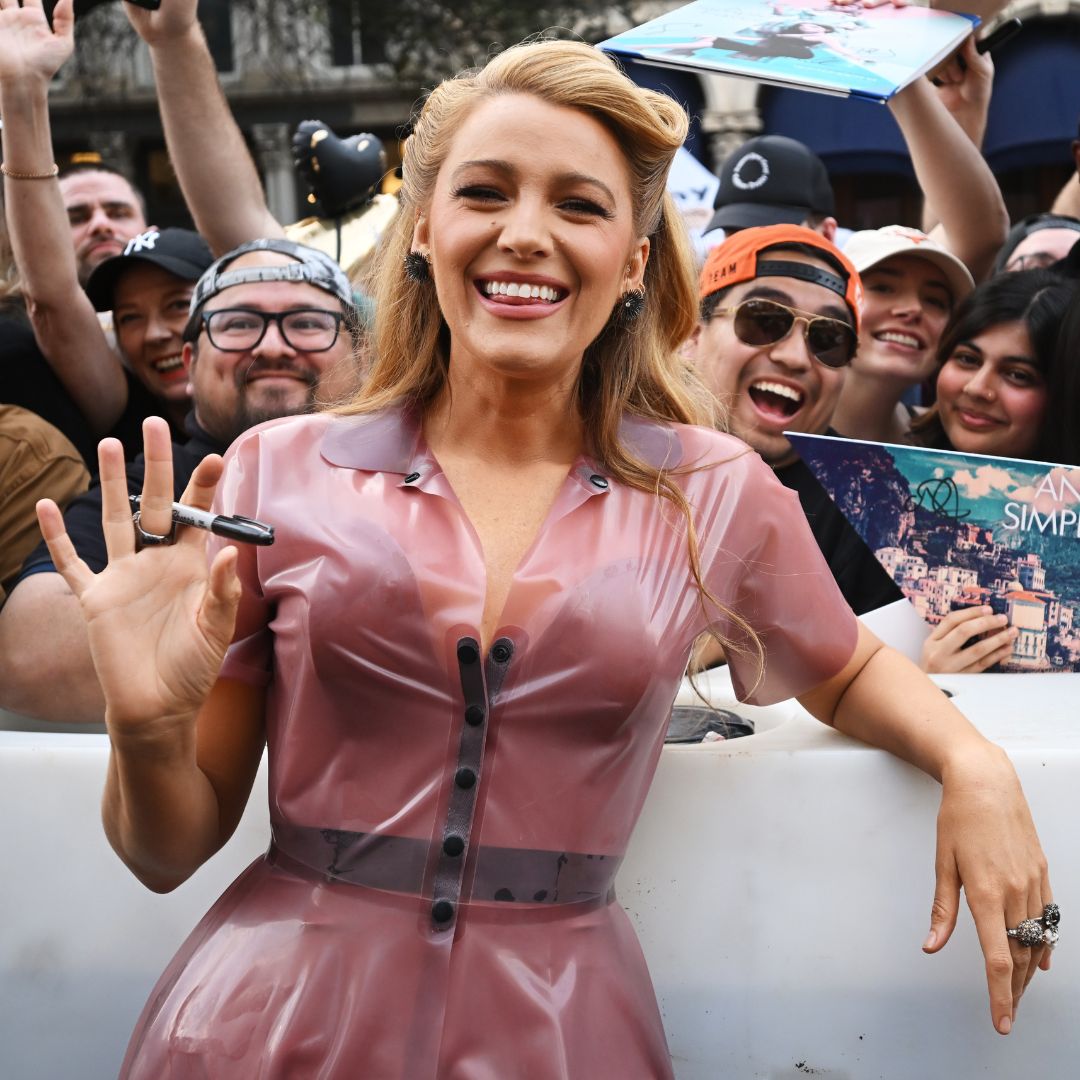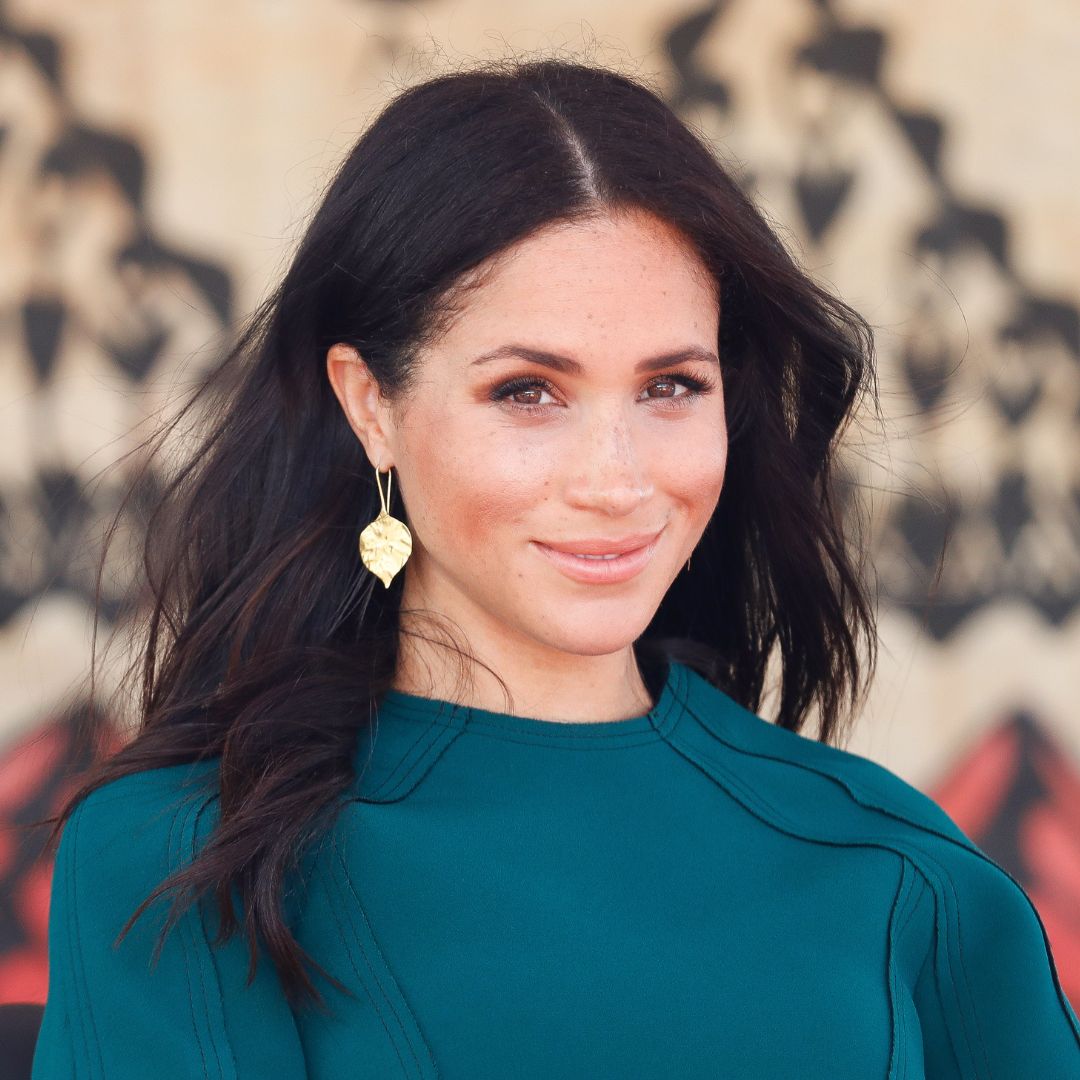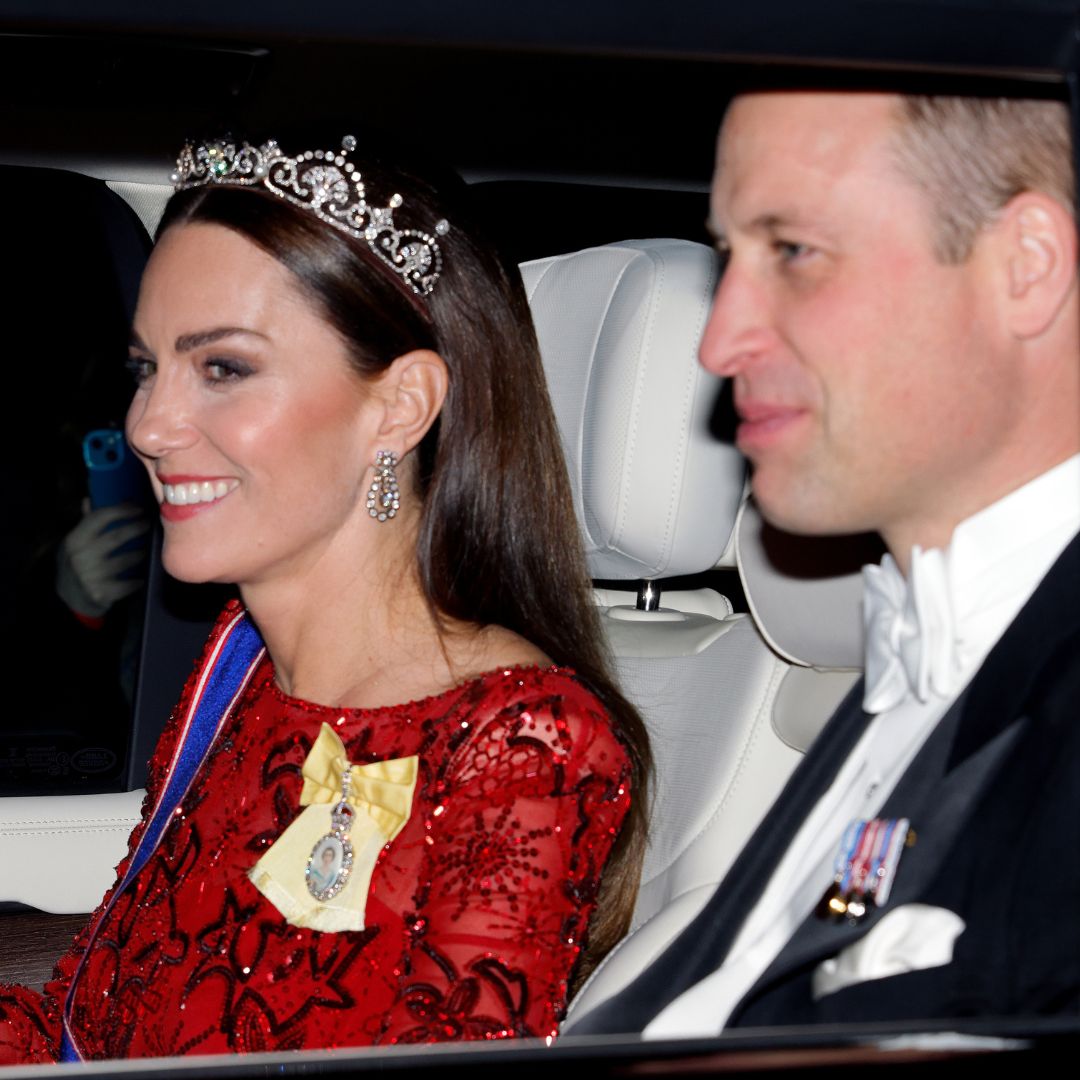Why is organic beauty better for wildlife?
In partnership with Soil Association
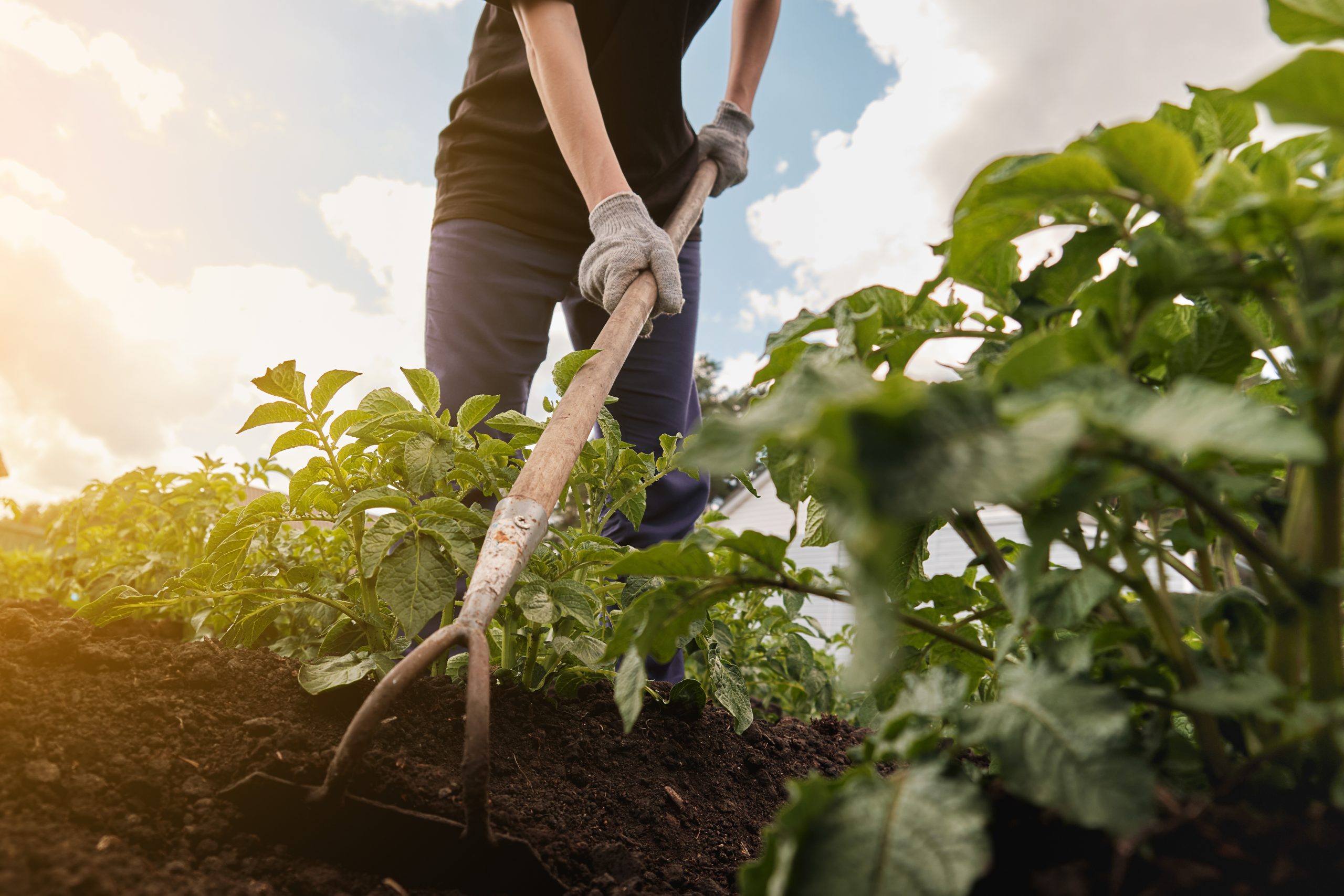
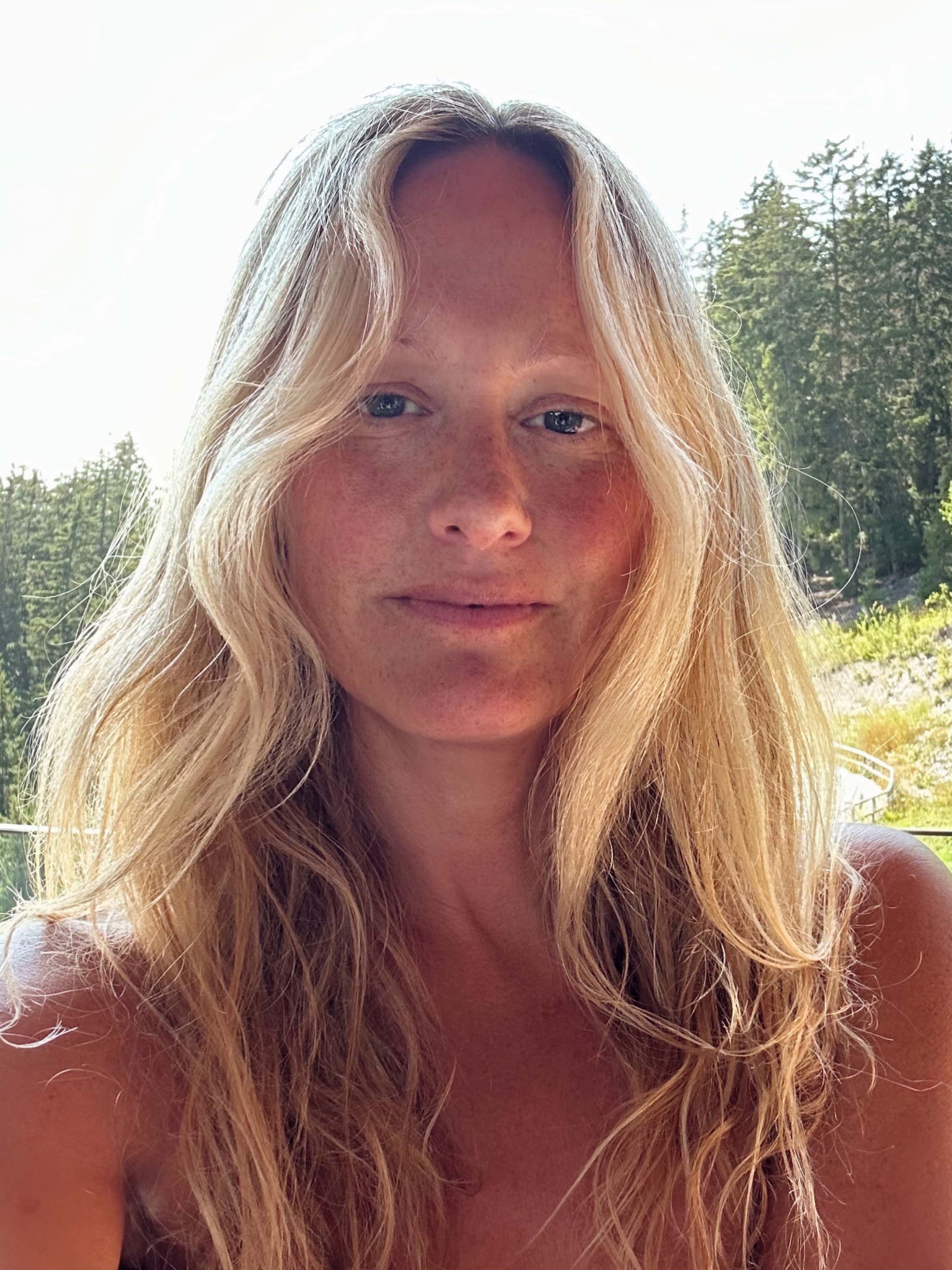
We all know that organic farming benefits nature - but that isn’t just the case for food. Here’s why we need to start thinking about organic beauty too...
When you think about the ingredients in your favourite beauty products, it can be hard to believe that they come from the same farms as the food you eat. But with the farm-to-face movement growing exponentially, we need to start making the link. After all, the beauty industry is as accountable for the protection of wildlife as any other industry.
When you consider that one species being removed from the natural cycle puts others at risk (e.g.bees move between flowers and pollinate them with around 180,000 different plant species and 1200 crops reliant on this process), and that many flowering plants are the main ingredients in most natural skincare products on the market, it follows that beauty brands need to ensure that their ingredients are sourced sustainably and that their farming practices benefit the natural world.
Watch our interview with Pauline Hili, founder of Nourish London, below:
https://youtu.be/yeETWiPfKWw
What are agroecological practices?
Thankfully, more and more of the brains behind beauty brands have made the switch to agroecological practices – a type of farming that works with not against nature, using virtually no pesticides, protecting biodiversity, and maintaining the land to make sure it’s hospitable for all of nature’s species. By making the move to organic farms, the amount of plant, insect and bird life is thought to increase by up to 50%.
Creating this natural haven for wildlife is vital to the wellbeing of every living organism on the planet and a balanced ecosystem, where every living thing is safe to carry out its job in the food chain, means that we all have access to the nutrients we need.

How is Nourish London leading the way with agroecology?
Founder of the brand Nourish London, Dr. Pauline Hilli, is a scientist at the forefront of promoting planet-friendly, organic, skincare. For the last 10 years, she has been working with the natural world to produce products that are kind to skin and wildlife in equal measures.
All Nourish London products are sourced from farms that use agroecology. This means that all of the ingredients are grown in a way that builds new homes, produces food, and provides protection for a multitude of species. It’s because of this dedication to the natural world that the brand has been awarded the Soil Association organic accreditation.
“It all starts with the soil. The thing with conventional farming is that the pesticides are used to increase the yield and the soil becomes stripped and potentially contaminated. With organic farming, you have more respect for the soil with rotation and keeping the land more nourished.”
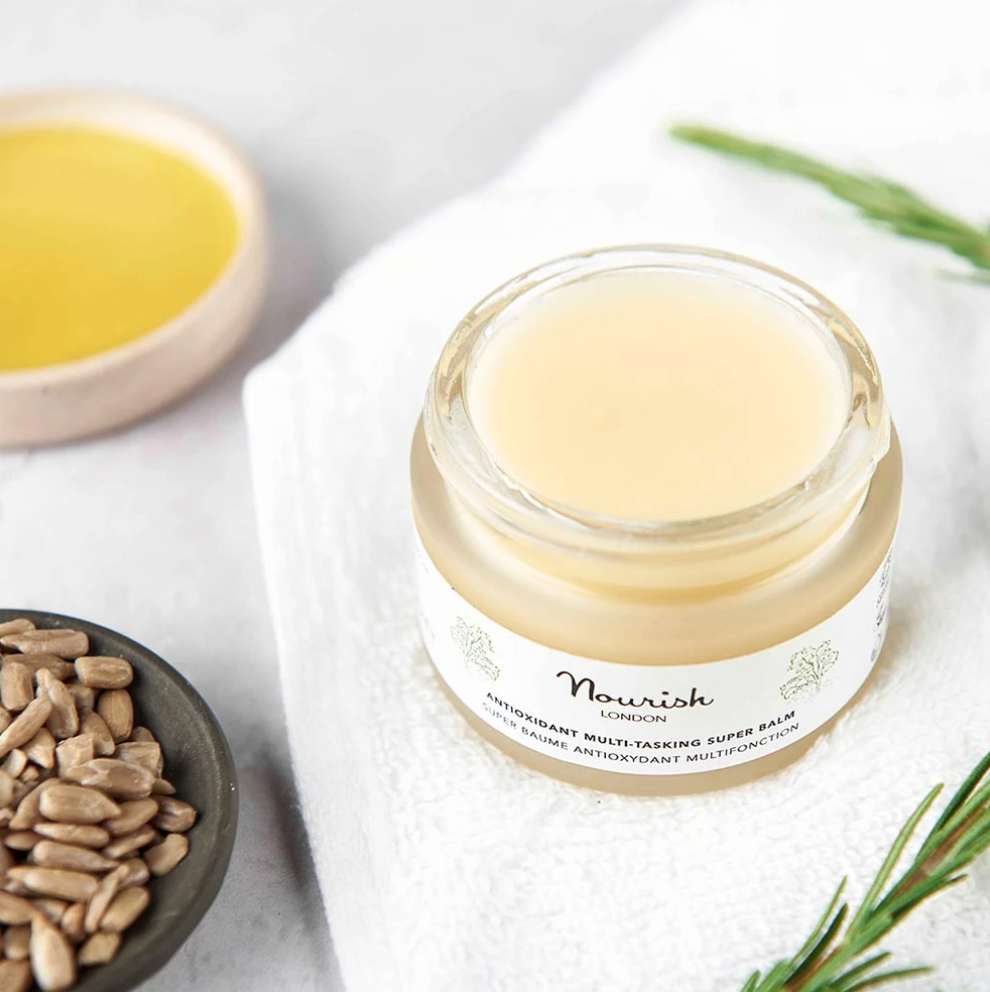
Before launching her own brand in 2011, Pauline had already been researching, formulating, and getting hands-on with natural skincare for 25 years. Her passion for creating effective organic products that compete with conventional ones has always been backed by the HEK Principle. Her set of expectations ensures that every single one of her products is Healthy, Effective and Kind to people and the planet.
“Trees are the most valuable resources. They take carbon dioxide and put out oxygen - they play an important role in cleaning our air healthily, providing habitats for animals and insects and helping to keep the soil healthy. Trees represent a real junction and interconnectedness between various species inhabiting the earth, and when we talk about deforestation and the loss of those environments we must act quickly to find alternative methods to find the raw materials we need in the most sustainable manner.”
“If you are part of a wider ecosystem you have more chance of making things happen. I am very happy to share scientific research I have conducted to inspire the next generation but also with the hope that our competitors can then take it further or add to it.” Pauline Hili
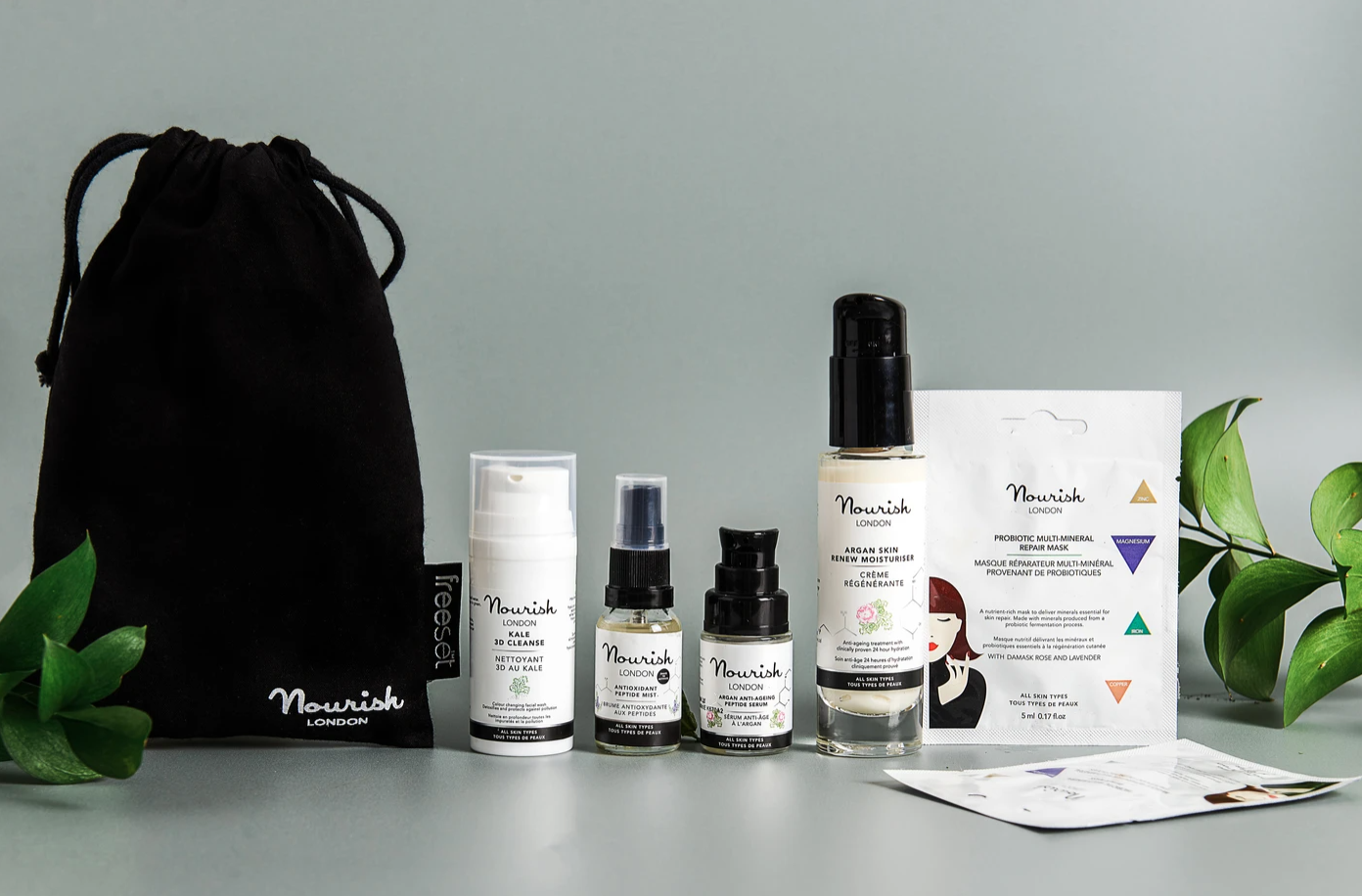
Why do we need to act fast to protect wildlife?
Since 1970, 41% of Britain’s wildlife has declined. Habitat loss and pesticide use are key causes. Bees and other insects have lost much of their natural habitat in the past 60 years in the UK, including over 97% of wildflower meadows, hedgerows and woodland. If that wasn’t bad enough, the destruction of hospitable ecosystems has led to millions of species (500,000 animals and plants and 500,000 insects) being threatened with extinction over the coming centuries.
What can I do?
In the same way that we are responsible for the damage to wildlife, humans are in control of its future too. If we act now, we can make sure that today’s endangered species prosper in years to come.
Opting for organic products is an easy first step you can take towards healthier global wildlife, and by deciding to purchase organic products, you are directly preserving the diverse environments where birds, bugs, and bees live.
That said, it’s still pretty tricky to make planet-friendly beauty decisions. But, with the help of the Soil Association, it’s easier than ever to pick up an accredited organic beauty product if you look out for the COSMOS logo on your beauty buys.
If you want to do more for wildlife, why not build a wildlife-friendly garden? Kick things off by letting some of your lawn grow, you’ll see wildflowers and butterflies in no time. Or, if you’re struggling for outdoor space, make time to put up a bird box. Birds are an important part of your garden’s ecosystem and will help every form of garden wildlife to thrive.
Marie Claire Newsletter
Celebrity news, beauty, fashion advice, and fascinating features, delivered straight to your inbox!
Lisa Oxenham is a trailblazing beauty editor, journalist, stylist, and creative director with over 20 years of transformative impact in the beauty industry. As the Beauty and Style Director at Marie Claire UK, she orchestrates high-profile shoots with celebrities and influencers, creating visually stunning and globally resonant content.
A passionate advocate for sustainability, Lisa serves on the Advisory Board for the British Beauty Council's Sustainable Beauty Coalition and the Media Advisory Board. She is also an ambassador for the Soil Association certification and the Amazon Research Institute. Through her "In The Loop" column, she keeps readers informed about the latest advancements in sustainable beauty and supports brands that champion environmental causes, emphasising the need for the beauty industry to reset its priorities.
Lisa's influence extends beyond words; she directs inspiring short films on sustainability and challenges in the beauty industry and is a sought-after public speaker. Recently recognised in the Who’s Who in Natural Beauty 2023, she also champions mental health and eco-conscious practices, demonstrating that glamour and environmental responsibility can coexist beautifully.
-
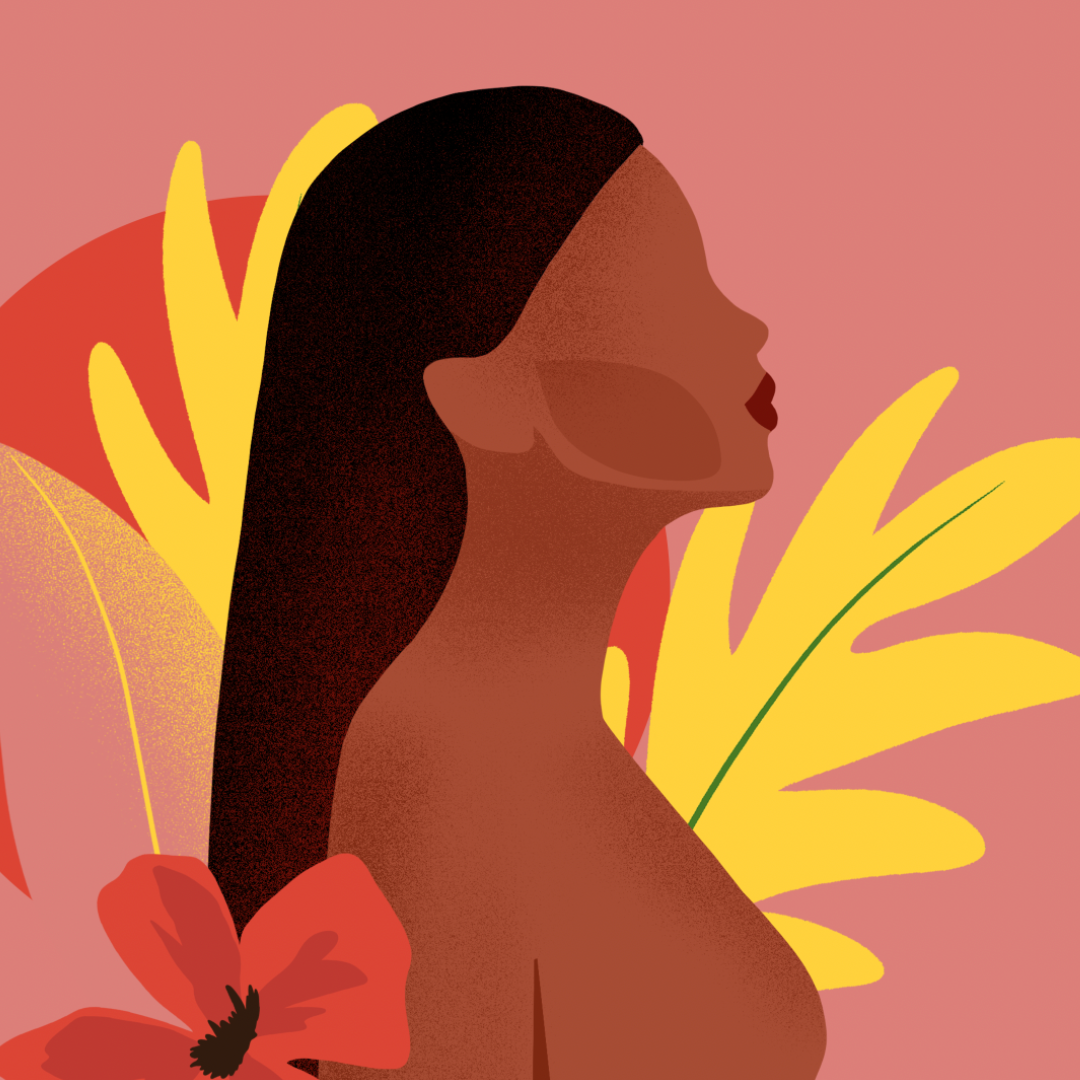 How to manage skin changes during perimenopause and menopause, according to an expert
How to manage skin changes during perimenopause and menopause, according to an expertIn partnership with Vichy
By Alice Barraclough
-
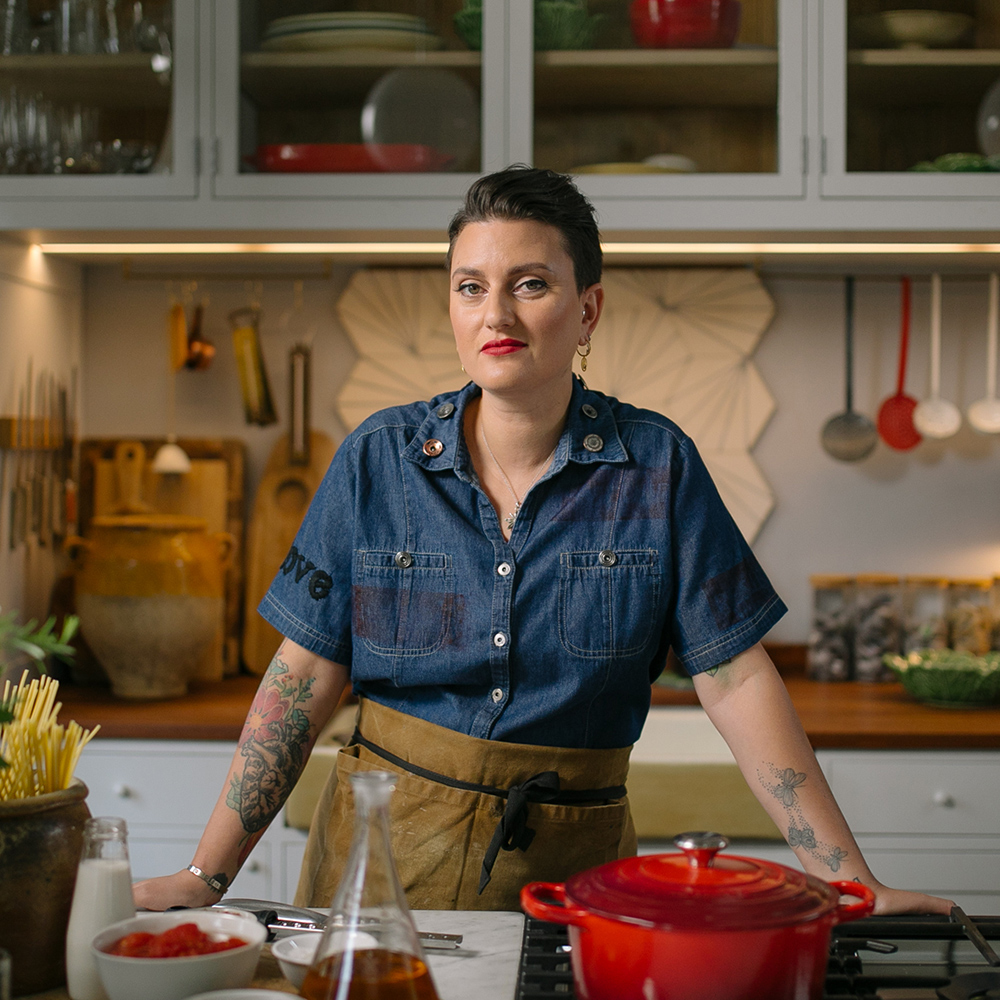 5 easy ways to eat a more plant-based diet, according to chef Bettina Campolucci Bordi
5 easy ways to eat a more plant-based diet, according to chef Bettina Campolucci BordiBy Niamh McCollum
-
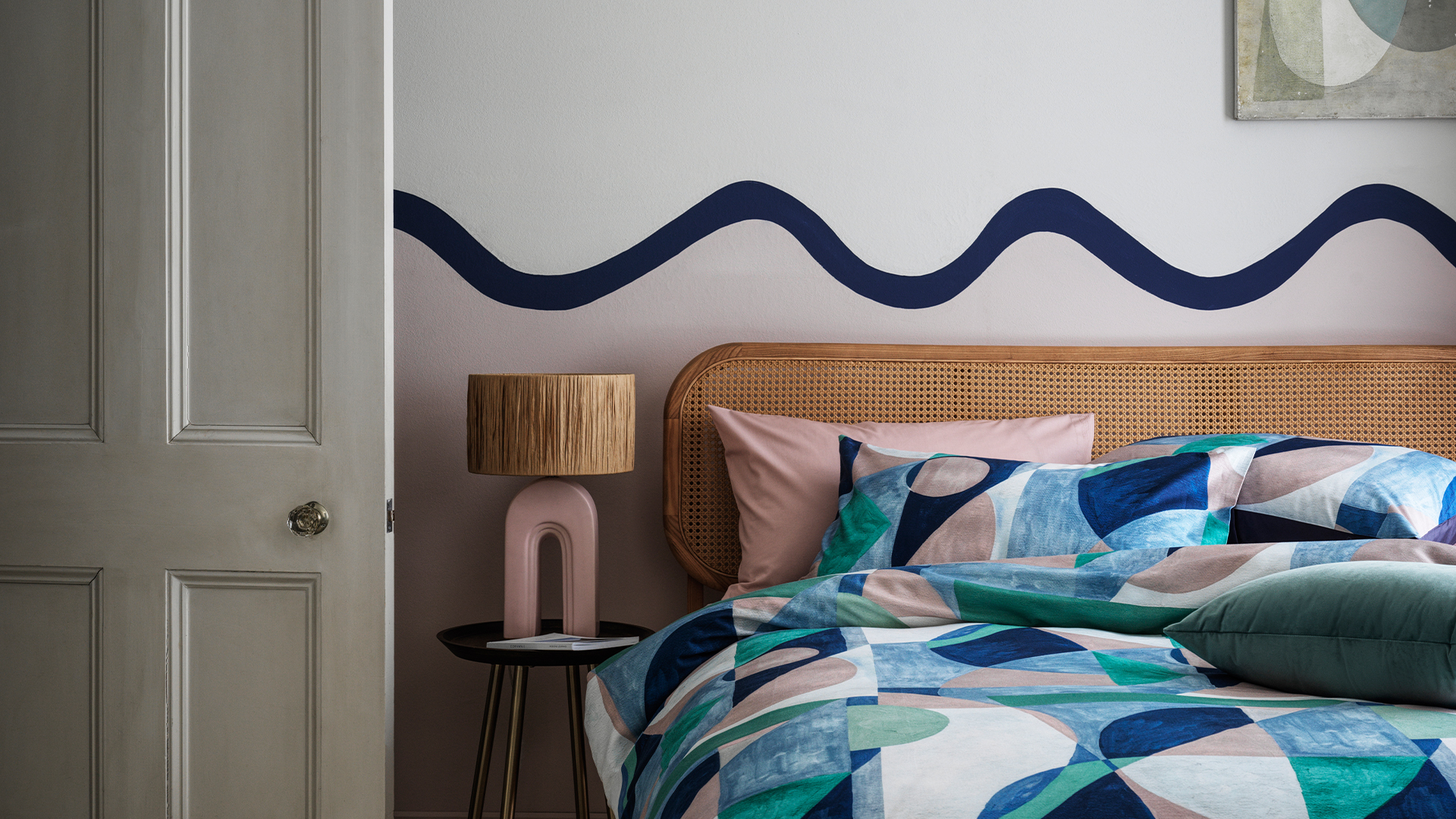 Give your home a new season glow-up with the latest autumn-winter collection from M&S
Give your home a new season glow-up with the latest autumn-winter collection from M&SPromotional feature with M&S
By Lizzie Hudson
-
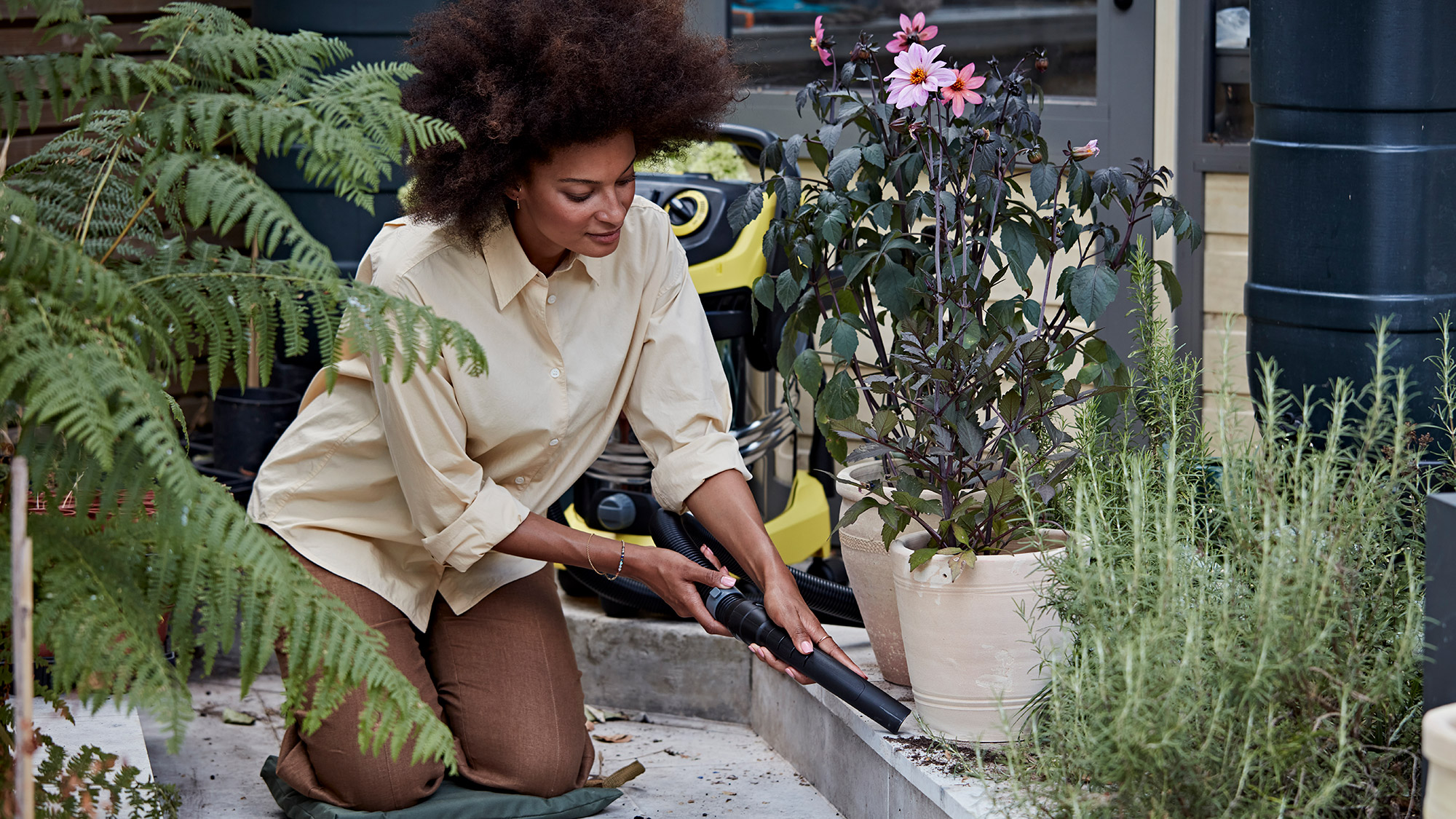 Here's how to maintain a pristine outdoor space
Here's how to maintain a pristine outdoor spaceIn partnership with Kärcher
By Marie Claire
-
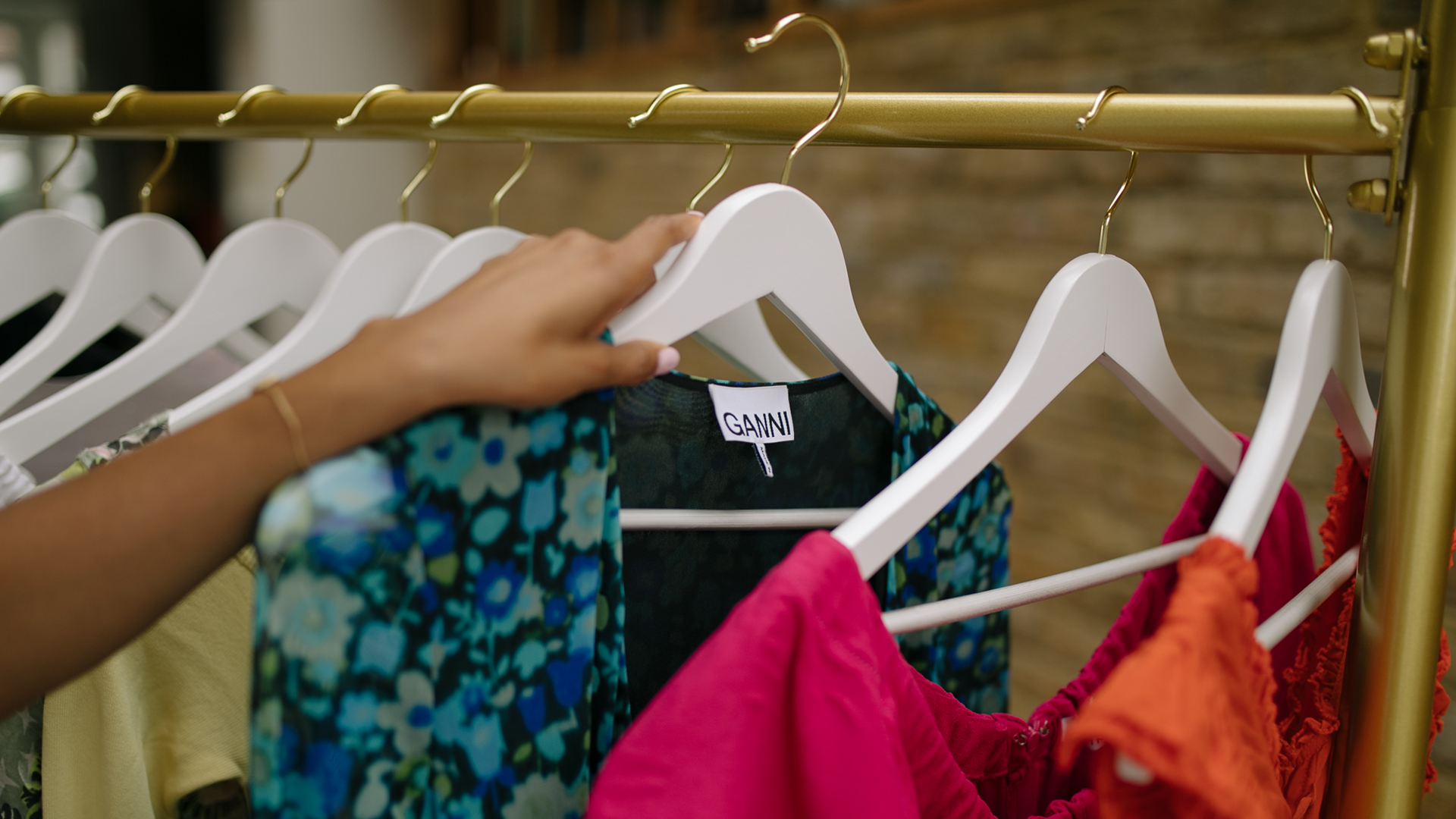 5 eco-conscious questions to ask yourself before buying something new
5 eco-conscious questions to ask yourself before buying something newBy Niamh McCollum
-
 How I want to help elevate the profile of women in cycling
How I want to help elevate the profile of women in cyclingKeira McVitty on recovering from illness, YouTube and why cycling is a sport that keeps on giving
By Marie Claire
-
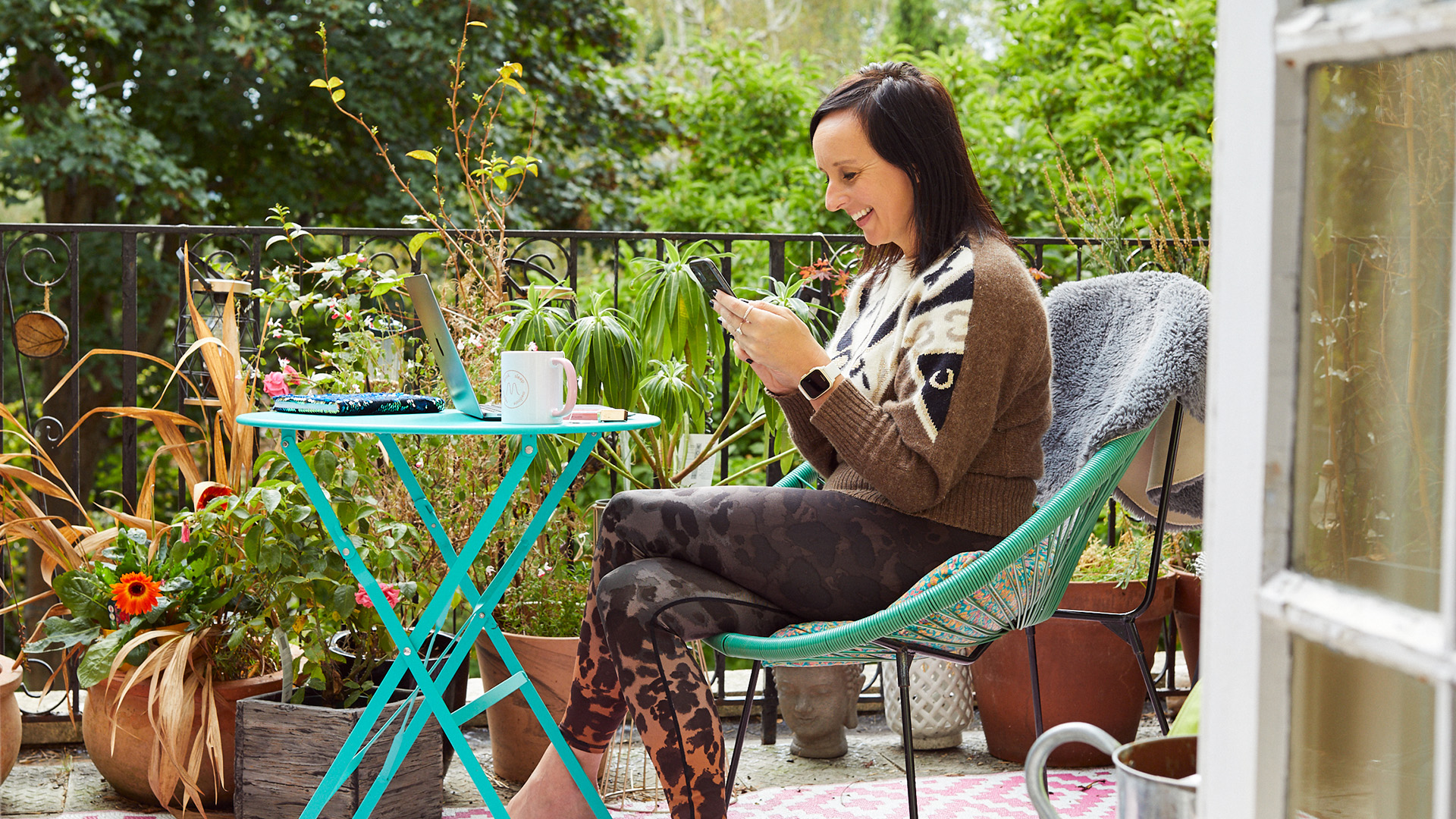 These are the key ways to go from passion to profit, straight from an expert
These are the key ways to go from passion to profit, straight from an expertIn partnership with GoDaddy
By Kate McCusker
-
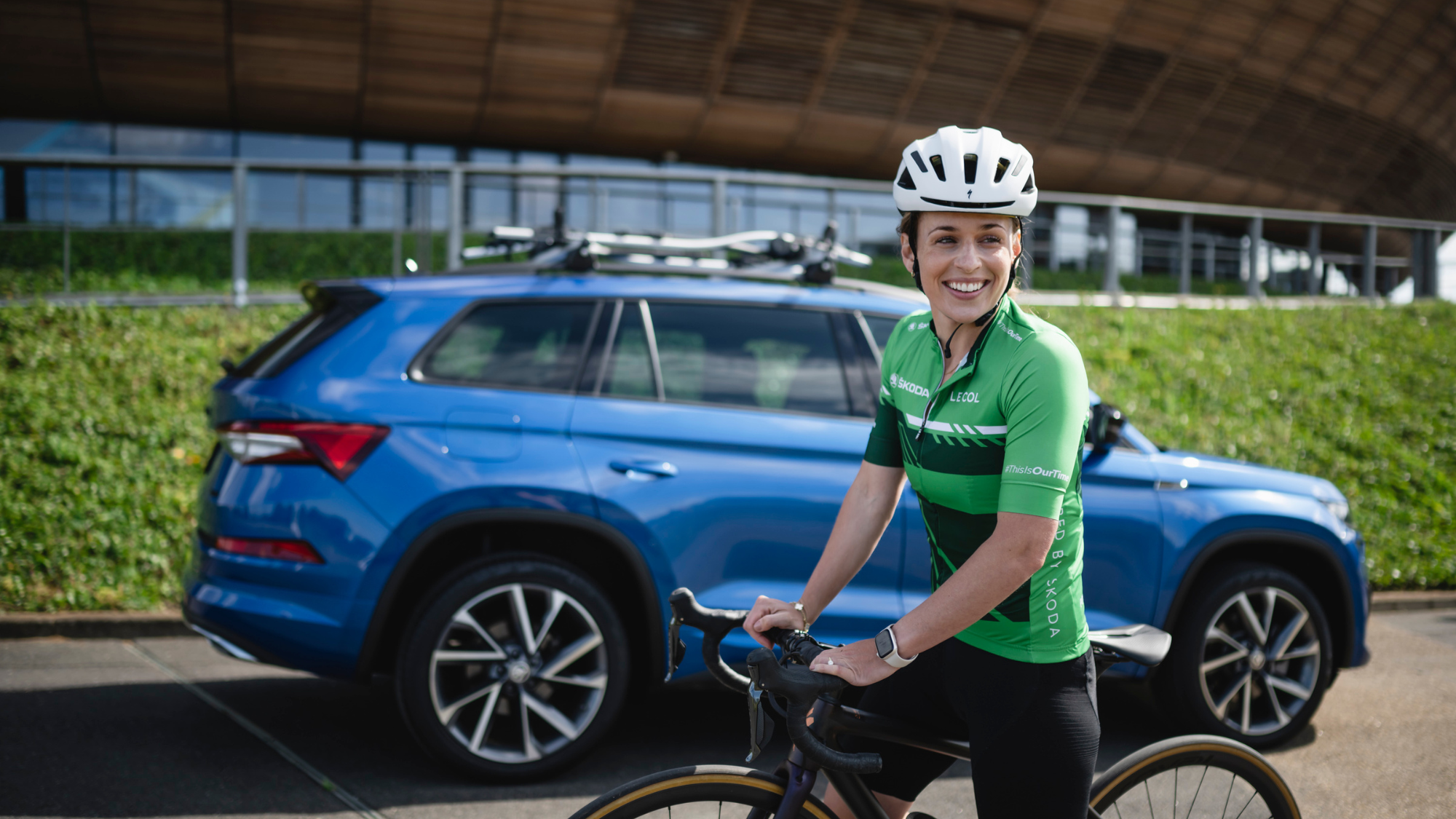 Why cycling is more than a hobby – it protects my family’s health
Why cycling is more than a hobby – it protects my family’s healthIn partnership with SKODA
By Marie Claire
